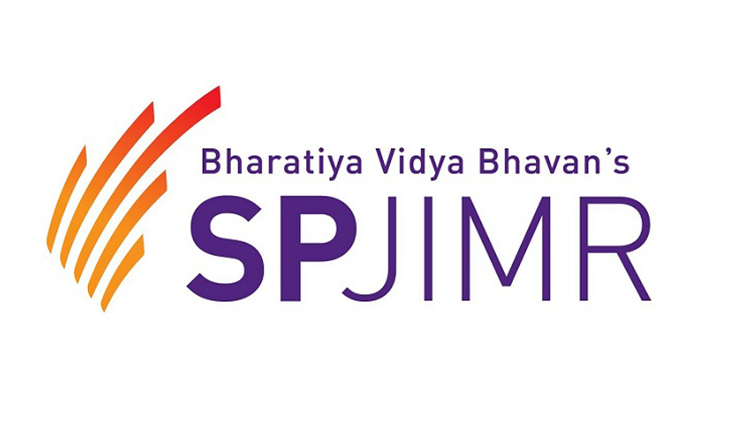SPJIMR Recognised as a ‘Pioneering School’ For Social Impact & Sustainability
The recognition was announced in the 2021 edition of the Positive Impact Rating which was launched on June 17 at the United Nations PRME Global Forum
Bharatiya Vidya Bhavan‘s SP Jain Institute of Management and Research (SPJIMR) has been recognised as a “pioneering school” with the highest “Level 5” rating for its social impact and sustainability achievements. The recognition was announced in the 2021 edition of the Positive Impact Rating, or PIR, which was launched on June 17 at the United Nations PRME Global Forum. The PIR is a student-led rating that reflects the positive social impact of the school as seen and evaluated by its students.
SPJIMR emerged as one of three business schools from India to feature in the rating. It is also the only school in the FT rankings to sit at the top of the recognition scale that moves up from “progressing schools” (Level 3), to “transforming schools” (Level 4) and ‘pioneering schools’ (Level 5) at the highest level. ‘Pioneering schools’ were described as those with ‘unique, sustaining global leadership progress in all impact dimensions’.
SPJIMR was recognised for its innovative community-based actions, environmental and socially responsible culture and governance, and a strong teaching focus on responsible leadership.
The recognition for SPJIMR came on a global platform that saw participation from 47 schools located in four continents and 21 countries.
PRME stands for the Principles of Responsible Management Education, a United Nations-supported initiative founded in 2007 as a platform to raise the profile of sustainability in schools around the world. PIR is an annual global rating and a non-profit association founded by the World Wildlife Fund, Oxfam International and the United Nations Global Compact, Switzerland.
The PIR report released today said the top-rated schools “perform solidly” across the seven dimensions that were measured in the student survey – governance, culture, programmes, learning methods, student support, institution as a role model and public engagement.
The PIR report specifically cited several SPJIMR initiatives under its best practices case studies. It named the pioneer Development of Corporate Citizenship (DOCC) initiative, through which students engage with grassroots organisations to “listen, learn and develop solutions”. The report said, “SPJIMR has mapped the recent work across the SDGs, showing community impact in water and sanitation, health, environment, energy alternatives, disaster management, food, agriculture, empowerment, education, and social entrepreneurship.”
The report also named the “Abhyudaya” initiative through which participants mentor underprivileged school children, the ‘Ehsaas’ platform for social sector organisations to showcase and sell their products and the sports and culture event “Aasra” that has participation from the differently-abled.
Dr Chandrika Parmar, SPJIMR faculty member who leads the Institute’s DOCC initiative, said, “The PIR rating validates and reinforces the work SPJIMR has done over the last two decades in embedding socially sensitivity as part of its curriculum and cultivating a sustainability mindset among our students. Participating in the PIR demonstrates the value SPJIMR gives to student voice and feedback on issues of sustainability.”
SPJIMR students Bhavadharini R and Kunal Shetty from the PGDM batch 2020-2022 said, “PIR was an attempt to assess our college’s global sustainability standards so that we could both assess current practices and recommend changes. We felt responsible and at least a small part of the change.”
Katrin Muff, President of the Positive Impact Rating Association, said: “PIR is designed as a tool to improve and transform business education. It enables schools to understand what a positive impact for society is, according to their students. The PIR highlights the potential for improvement, even for leading schools.”
The PIR was created by concerned business school experts together with global non-profits – WWF, Oxfam, and the UN Global Compact. It said associations like “oikos” (an international, student-led organisation for sustainability), AIESEC (an international youth-run body that supports leadership development and cross-cultural internships) and Net Impact (which equips emerging leaders to build a more just and sustainable world) are also part of the PIR, which is supported by VIVA Idea (which works on sustainability challenges in Latin America) and Fehr Advice (a behavioural economics consultancy group).




